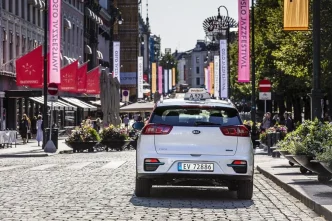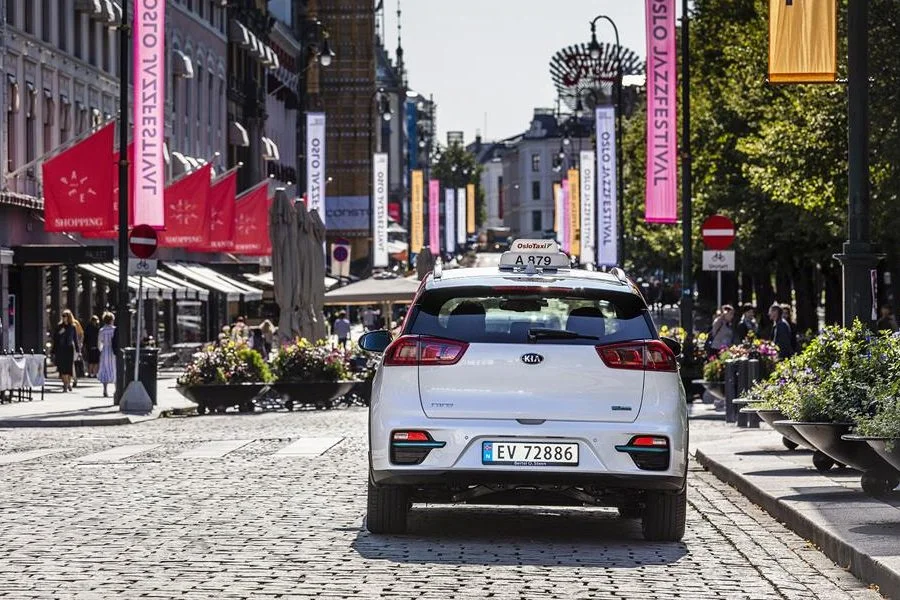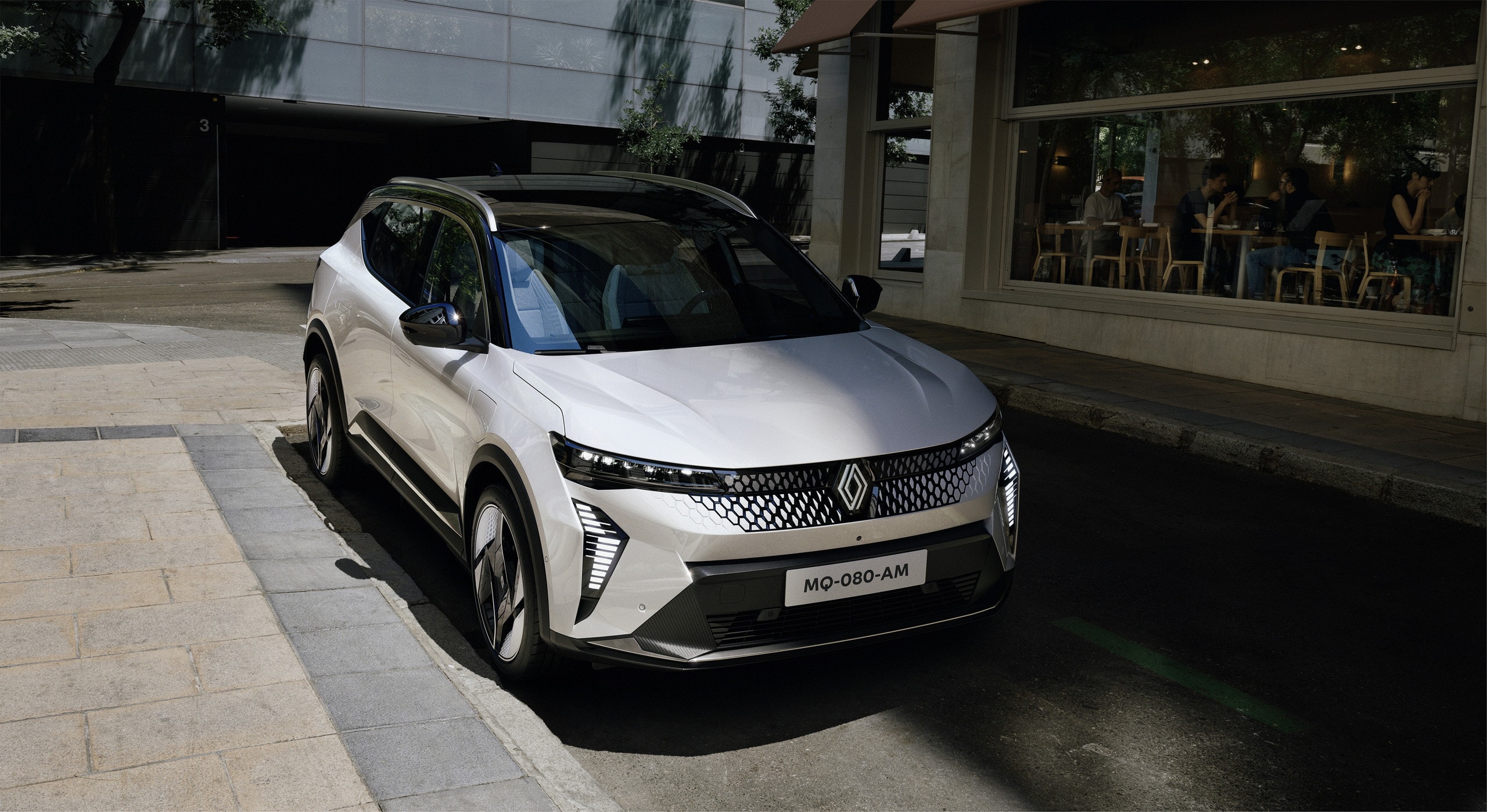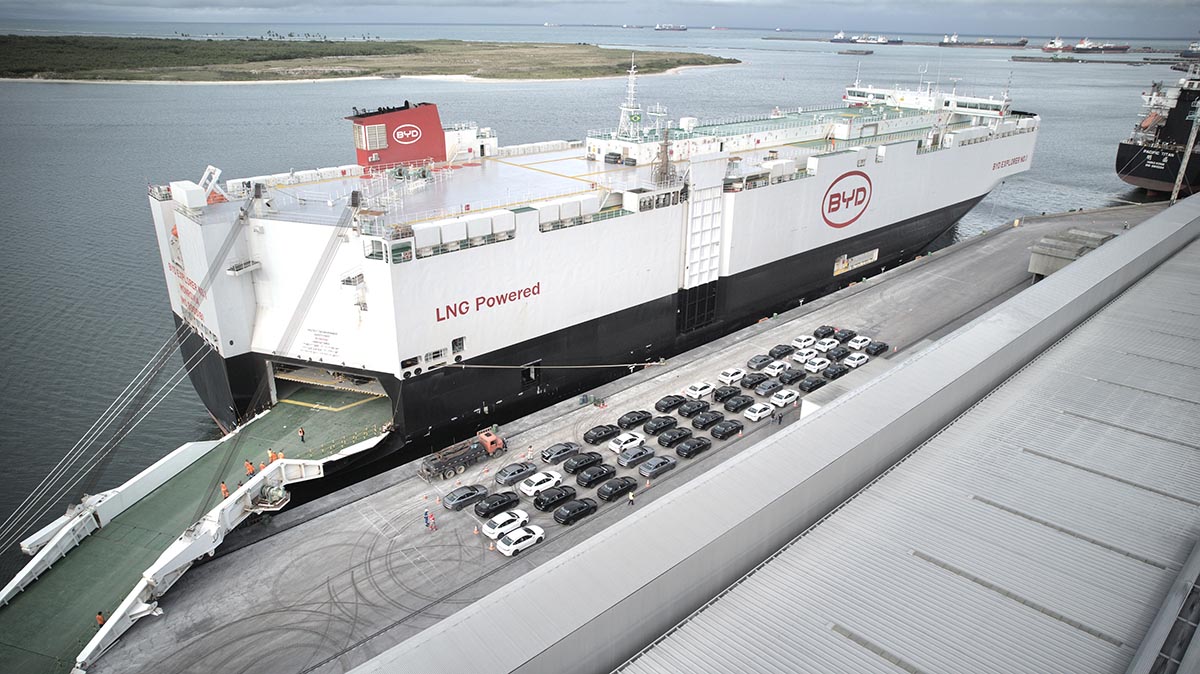The Oslo city council has firmly rejected the taxi industry’s request to delay the mandatory transition to electric taxis until 2027, maintaining its commitment to a November 1, 2024, deadline for eliminating emissions from combustion engines. The only exception to this regulation will apply to taxi journeys that extend beyond Oslo’s borders.
Norway has experienced a notable rise in battery electric vehicle (BEV) registrations within the taxi sector, achieving an impressive 88% BEV market penetration last year, surpassing the 82.4% rate for new car registrations overall. In 2023, Bergen and Stavanger saw all new taxis registered as electric, while Trondheim reported 97% of new taxis as electric. In Oslo, the figure stood at 90%, according to the Norwegian Public Roads Administration.
The drive towards electric taxis has been bolstered by mandates from various county councils, which have set deadlines for all taxi licenses to transition to electric vehicles. These regulations primarily focus on car taxis, though certain exemptions are in place.
In parallel to Oslo’s electric taxi initiative, Shanghai has announced plans to electrify its bus and taxi sectors by 2027, while several European cities, including Athens and various locations in the UK, are adopting a more lenient approach, providing subsidies to encourage the adoption of electric taxis.
In October, Norway’s electric vehicle market continued its upward trajectory, with BEVs accounting for a remarkable 94% of new car registrations, as reported by the Norwegian Road Authority (OFV). A total of 10,862 electric cars were registered, led by the Toyota bZ4X with 761 units, narrowly outpacing the Skoda Enyaq with 757 units. In contrast, non-electric models ranked only 23rd in sales, underscoring Norway’s status as a global leader in electric mobility.
In another development, the Norwegian Environmental Protection Agency and the National Public Roads Administration have proposed delaying Norway’s climate target for zero-emission van sales from 2025 to 2027. This change comes in response to feedback from Norsk elbilforening, the association for electric vehicles in Norway, which previously advocated for a revised timeline. The original goal of achieving 100% electric van sales by 2025 has proven challenging, with electric vans representing less than 29% of light commercial vehicle sales last year, significantly lower than the 82% rate observed in passenger car sales.
Source: elbil.no










